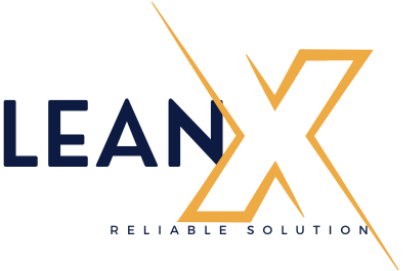Empower Your Team with Expert Training Solutions

Training
Our knowledgeable team offer Maintenance and reliability training encompasses a wide range of topics aimed at equipping individuals and teams with the knowledge, skills, and tools necessary to effectively manage and optimize maintenance practices, improve equipment reliability, and enhance overall asset performance. Here's an overview of some common areas covered in maintenance and reliability training

Training
- Purpose
- Technical Knowledge
- Hands-on Experience
- Specialized Skills
- Safety and Compliance
- Professional Development
Steps
Training often begins with an understanding of
different maintenance strategies, such as preventive maintenance (PM),
predictive maintenance (PdM), reliability-centered maintenance (RCM),
condition-based maintenance (CBM), and run-to-failure maintenance.
Participants learn when to apply each strategy and how to develop
maintenance plans accordingly.
Reliability engineering training focuses on
techniques for improving equipment reliability and minimizing the likelihood
of failures. This may include reliability analysis methods, failure mode and
effects analysis (FMEA), root cause analysis (RCA), fault tree analysis (FTA),
and reliability modeling.
Asset management training covers principles and
practices for managing assets throughout their lifecycle. Topics may include
asset identification and classification, asset performance measurement,
lifecycle costing, risk management, and optimization of asset investments.
Participants learn about various condition
monitoring techniques used to assess the health of equipment and detect early
signs of degradation or failure. This includes vibration analysis,
thermography, ultrasound testing, oil analysis, infrared thermography, and
other non-destructive testing methods.
Effective maintenance planning
and scheduling are essential for optimizing maintenance activities and
minimizing downtime. Training in this area covers topics such as work order
management, scheduling techniques, prioritization, resource allocation, and
coordination of maintenance tasks.
RCA training teaches participants how to
systematically identify the underlying causes of equipment failures or
performance issues. This involves investigating events, analyzing data,
identifying contributing factors, and implementing corrective actions to
prevent recurrence.
RCM training focuses on the
RCM methodology, which aims to optimize maintenance strategies based on
the reliability characteristics and criticality of assets. Participants learn how to
develop RCM plans, perform criticality assessments, define maintenance
tasks, and establish maintenance intervals
APM training covers strategies
and technologies for monitoring and optimizing asset performance across an
organization. This may include topics such as data analytics, real-time
monitoring, performance benchmarking, and performance optimization
techniques.
Maintenance and reliability training often
includes instruction on safety regulations, standards, and compliance
requirements relevant to maintenance activities. Participants learn about
safety procedures, risk mitigation strategies, and legal obligations to ensure
safe working environments.
In addition to technical knowledge, maintenance and reliability
training may include development of soft skills such as communication,
teamwork, leadership, problem-solving, decision-making, and change
management. These skills are essential for effective collaboration and
implementation of maintenance best practices.
FAQ
We provide professional training in best practices for maintenance and reliability, aligned with the five Body of knowledge recognized by the Society for Maintenance and Reliability Professionals (SMRP).
Training provides professionals with the necessary skills and knowledge to perform their jobs effectively. This includes understanding complex statistical methods, risk assessment techniques, and specific industry standards. Proper training ensures that professionals can implement best practices and methodologies to enhance product or system reliability. This leads to improved product quality, fewer failures, and increased customer satisfaction.
Our professional training program typically works through structured programs designed to impart specific skills, knowledge. We offer several delivery methods of training such as Instructor Led Training (ILT). E-Learning, Workshop Seminar, On the Job Training. Our professional training program is essential for staying competitive and adaptive in rapidly evolving industries. It plays a crucial role in enhancing individual careers, organizational effectiveness, and industry standards.



